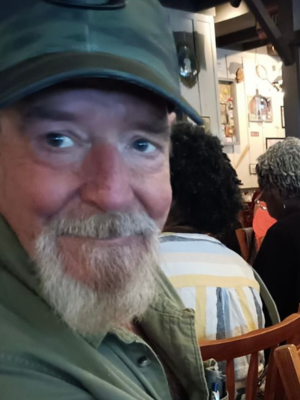Supporting Caregivers Has Become My Calling
There is a growing disconnect with healthcare for the elderly today...
Despite nine out of ten terminally ill individuals expressing a preference to die at home, half end up dying in hospitals, largely due to societal discomfort with death. The top fear among dying patients is burdening their families. This fear, coupled with inadequate end-of-life care education and late referrals to hospice, exacerbates the difficulty for patients and families. Initiating conversations about end-of-life wishes and planning ahead can alleviate these burdens for both parties (Source: Hospice News 9/2019.)
Providing end-of-life care for my brother was a deeply meaningful gift. We had been estranged for ten years when I learned that he had been diagnosed with stage 4 glioblastoma. I reached out, and we connected like no time had passed; once again, I was the big sister he trusted and loved.
He came to live with me and my family, and I took on his medical and durable power of attorney, caregiving and medical advocacy.
In the four short months of his post-diagnosis life, he endured two craniotomies, two stints in rehab, one stint in a nursing home, readmission to the hospital through the ER, and finally was transitioned to home hospice. He died back in the out-of-home hospice unit a week after being discharged to home hospice.

When hospice took over, everything became more complicated and I’m still struggling with the disappointing level of care. Yet, with all the challenges and breakdowns on the medical side, it has been my honor to walk my brother home. Our pact when he asked me to take him home – which meant for hospice – was that he would come for me when my time arrived. I was at both my parent’s bedside as they died in their homes, and I am eternally grateful that I had the privilege to be present to my brother, too.
There needs to be a better way to care for our elders at the end of their lives. This has become my mission. I aim to help as many families as possible as a care consultant, a coach, and an educator for caregivers, as well as hold space for those as they transition to their next phase.
Supporting You Through THE PHASES of your caregiving journey
Together, we can create moments of profound connection, honor the dignity of every individual, and foster a sense of peace during life’s transitions.
234 Olivine Circle
Townsend, DE 19734
